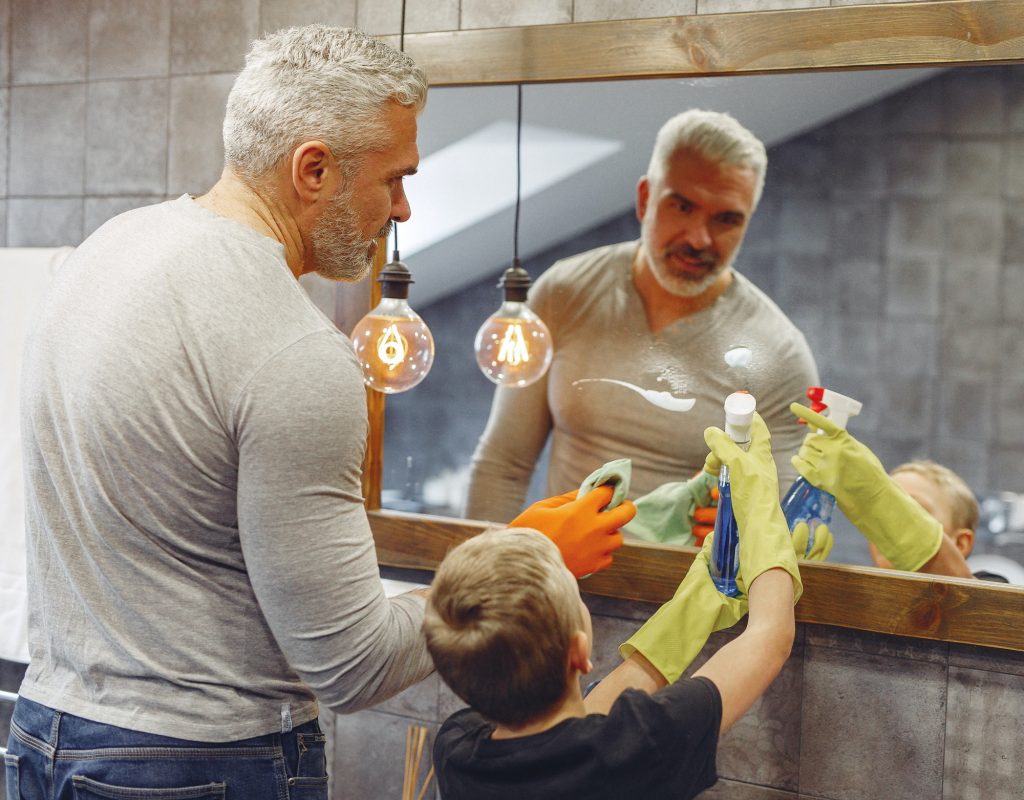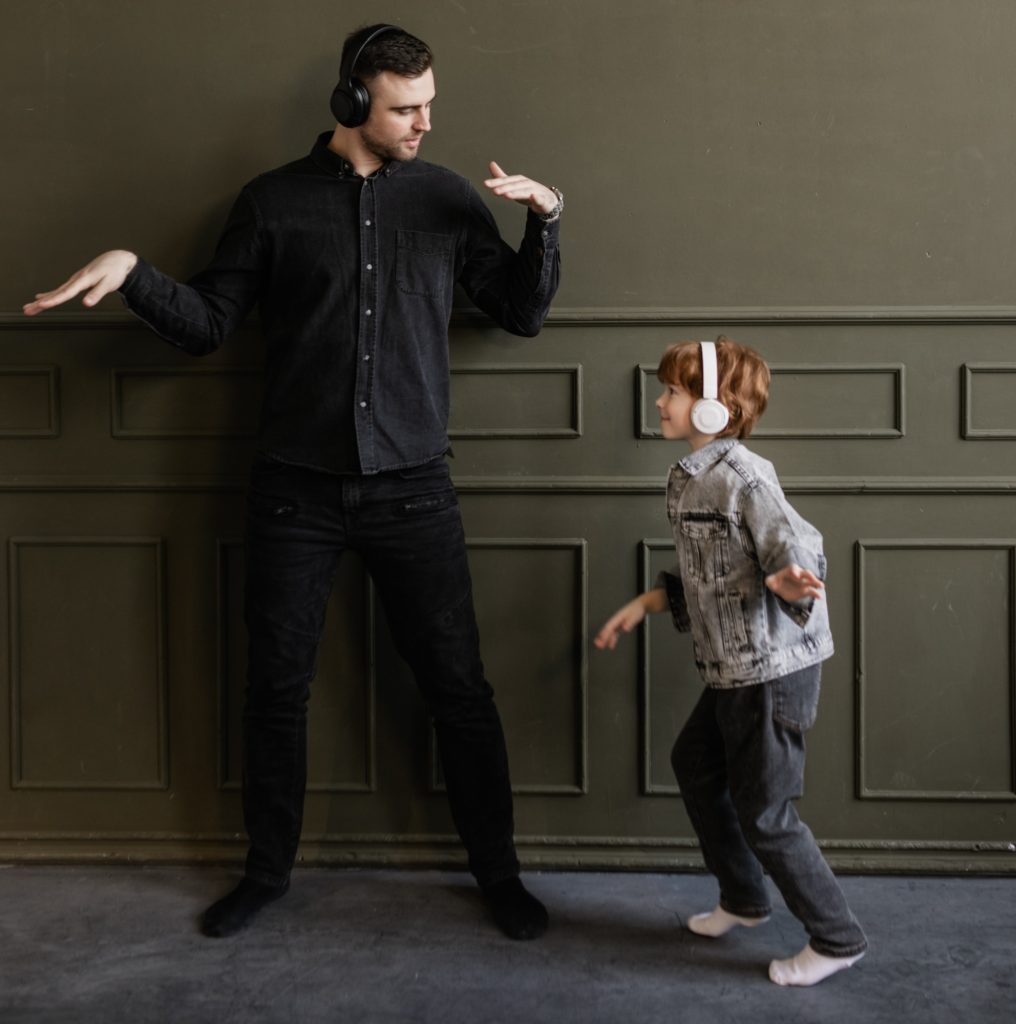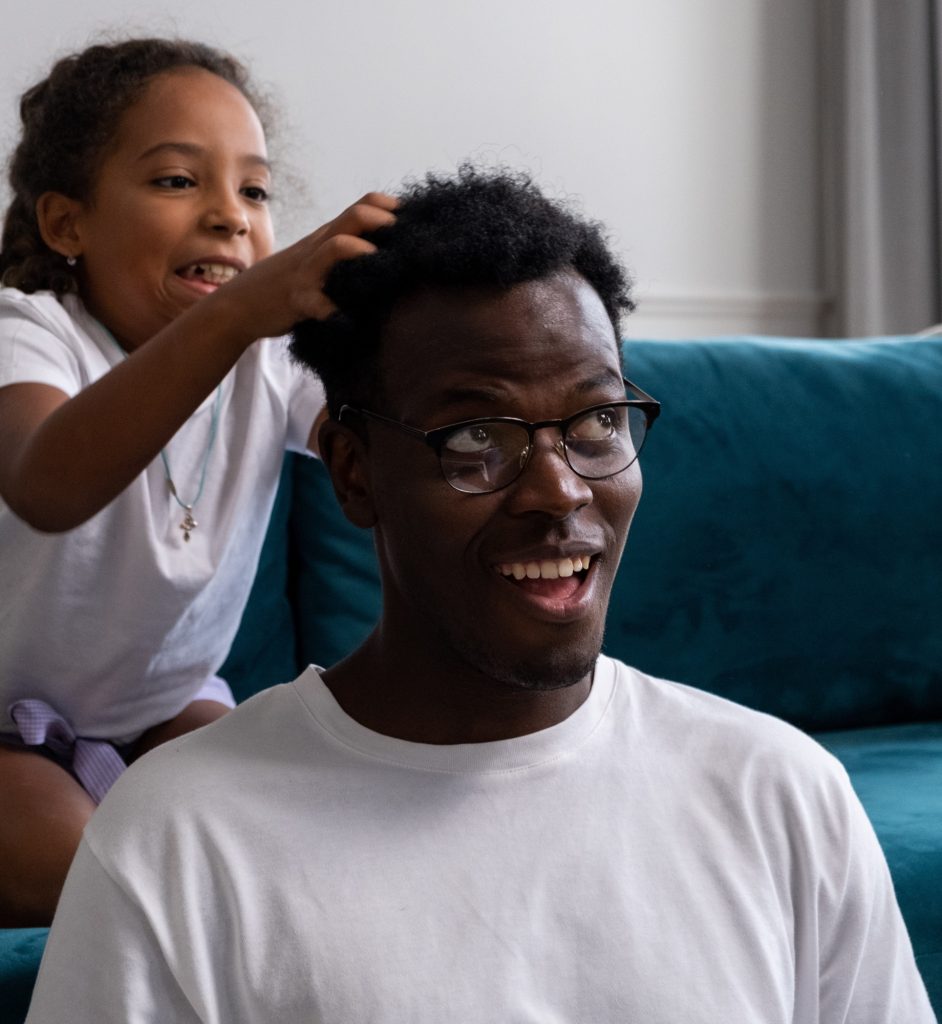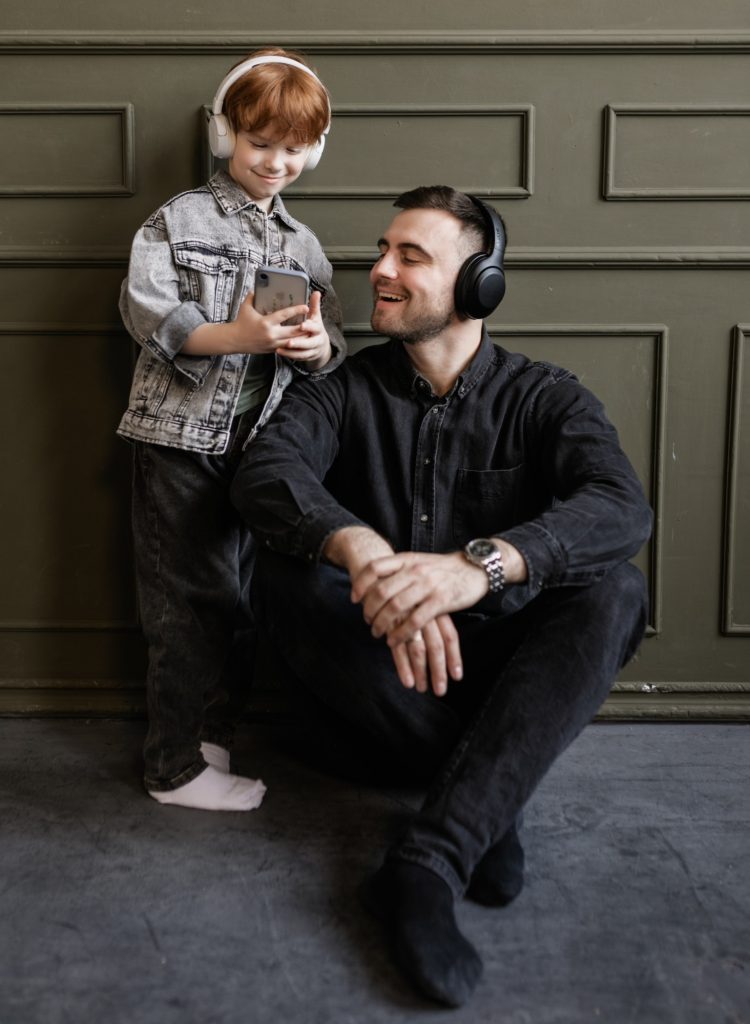Ask yourself how often do you communicate with your children and how often do you communicate with your parents?
Do you have good communication with your kids, or do you feel it should be better?
By asking your children, “What are you saying?”, “What did you say?” and “Why are you saying that” and then repeating what they said and reflecting on the emotion they were trying to convey, parents may help their children develop their communication and language abilities. By developing their expression skills, kids will be more able to explain their issues and what they really need from their parents.
To have productive conversations with your kid, follow these four guidelines.

Phase one – appraisal.
Let your youngster know what you expect of them by praising their efforts. Give concrete examples when you commend someone. As an alternative to “nice job,” you may compliment them on a job well done, such as putting away their toys.
Like: “Jamie, you did a wonderful job putting away your toys.”
As a parent, you must always pay close attention to your children. Make sure you check in with them frequently and look for positive ways to praise their efforts whenever possible.

Phase two – imitation.
Do what your child is doing and make it the way you want them to keep doing.
This demonstrates to your kid that you care about what they are up to. That you are interested and engaged in the activity that is of interest to them.
When emulating your children, it’s important to do things just like they do.
Refrain from competing with your kid by trying to get things done quicker or better. Be a good teammate and enjoy the process.
Your youngsters will realize you’ve picked up on the fact that they’re engaged in something. They will be like: “Cool! Having a friend in is great. Having a parent is even better. My dad likes to play with this too. I guess that’s a sign that I’m performing a good deed. I plan to repeat such action soon so we can play and learn together.”

Phase three – explain what you see.
Talking about or describing your child’s playtime activities is a great way to let them know you’ve taken note of their appropriate behavior. Emphasize what you are especially proud of and that you would be happy to see that again.
You can put on an act like that of a sportscaster reporting on the action on the field and glorifying the good deeds your kids do and the achievements they accomplish.

Phase four – active listening and engagement.
Spending time with your child in which you give them your full and undivided attention will strengthen your bond.
Try to devote at least some of each day to simply being there with your kid. Ignore your phone, messages, emails, favorite shows, or sports channels.
If you really want to pay attention to your kid, you should try to limit, or better, surpass all interruptions. Forget others. Your child is the most important being in the world. Center of your life. Act like that. Let your child know and feel that.
Talking about what your kids are doing or paraphrasing what they just said are great ways to show that you’re paying attention.
You can get them talking more if you give them additional information.
If your kid says, “I colored it,” you may build on that by responding, “Yes, you colored that with blue and red. Do you like these colors?” using active listening.
As an added bonus, active listening may teach kids to put words to their emotions and name their feelings.
If your child is sobbing and complaining that he or she is not pleased, you may respond by saying that you, too, seem sad and that you would like to make this day good instead of bad. Ask your child to help you with this, so you can do it together right now. This way, you will bond and be open to each other, making mutual understanding much better.
Conclusion
Appraisal, imitation, explanation, and active listening are all skills that may be honed during play.
These abilities can be used at any moment you’re with your child, including mealtime, vehicle rides, walks, shopping, bedtime stories, or anything else where you feel relaxed and connected.

